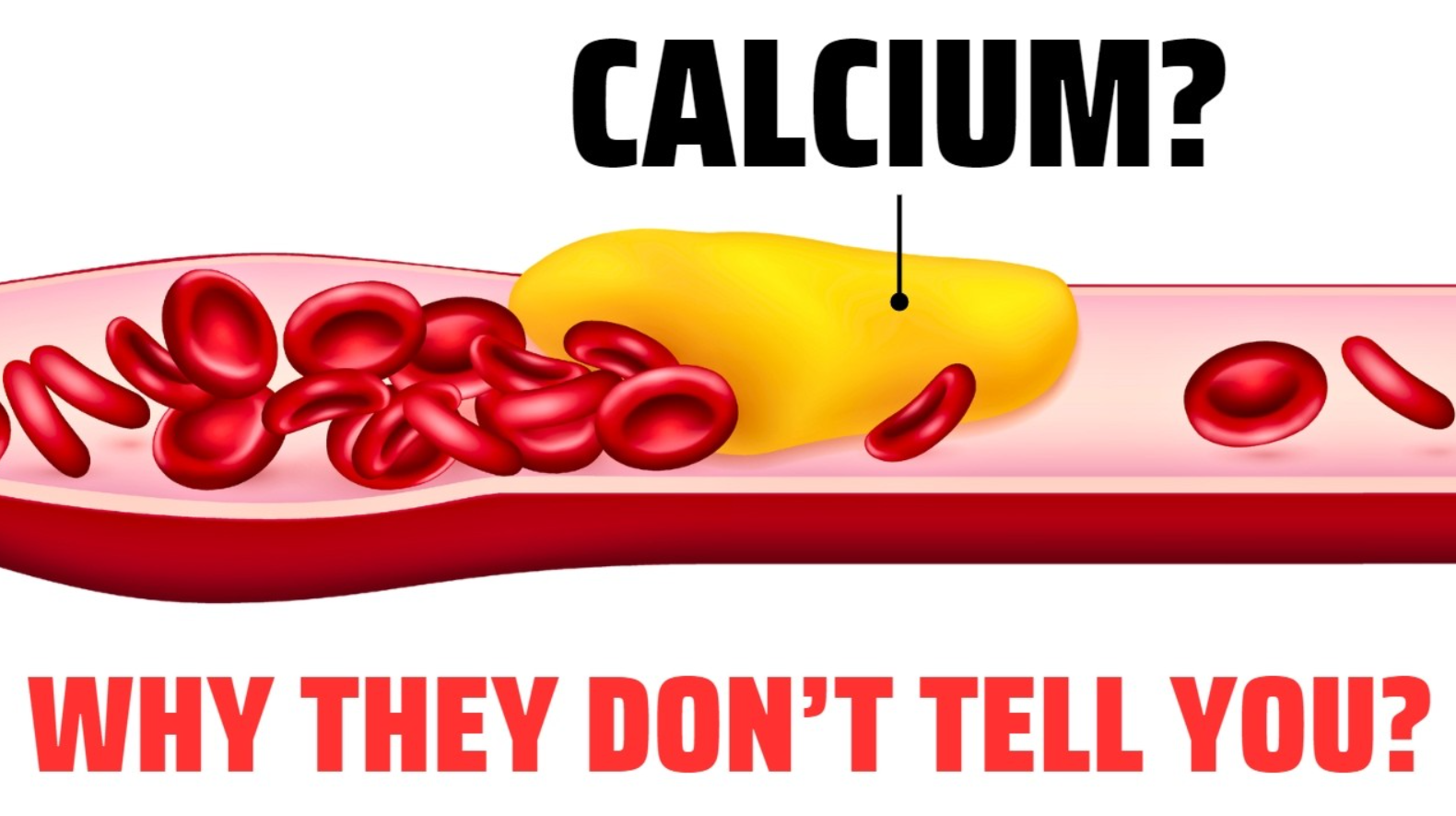Artery calcification, a major risk factor for heart disease, is the accumulation of calcium in the artery walls, which causes diminished flexibility and may increase the chance of a heart attack or stroke. While many people are aware of the function of cholesterol in heart health, a lesser-known element contributing to arterial calcification is a shortage of vitamin K2, a vital nutrient that many individuals do not get enough of.
Understanding Vitamin K2 and Its Role in Heart Health
Vitamin K2 is essential for controlling the location of calcium deposits in the body. Unlike vitamin K1, which largely promotes blood clotting, K2 aids in the delivery of calcium to locations where it is required, such as bones and teeth, and away from areas where it can be harmful, such as the arteries.
- Regulation of Calcium: Vitamin K2 activates proteins that regulate calcium deposition. The most notable of these is Matrix Gla Protein (MGP), which inhibits calcium from embedding within the arterial walls.
- Supports Bone Density: K2 is also vital for bone health, as it activates osteocalcin, which integrates calcium into bone. By ensuring calcium is deposited in the bones, K2 indirectly protects arteries from calcification.
- Links to Heart Health: Studies have shown that higher intakes of vitamin K2 are associated with a lower risk of vascular calcification and cardiovascular diseases. Those with higher arterial calcium loads may benefit significantly from increasing their vitamin K2 intake.
Common Sources of Vitamin K2
Vitamin K2 is not as common in the Western diet as vitamin K1, which is found abundantly in green leafy vegetables. K2, however, is found in the following foods:
- Natto: A Japanese fermented soybean dish that is one of the richest sources of vitamin K2.
- Dairy products: Particularly high-fat dairy from grass-fed cows, such as hard cheeses.
- Egg yolks: Eggs from free-range chickens have higher levels of K2.
- Certain meats: Especially liver and other organ meats.
Supplementation and Recommendations
Supplements are available for persons who do not obtain enough K2 in their diet. However, the quality and kind of vitamin K2 (such as MK-7 or MK-4) can differ, so select a recognised brand.
Conclusion
If you are concerned about your heart health or have been warned about the dangers of arterial calcification, you should consider assessing your vitamin K2 intake. Consulting with a healthcare physician who can advise on dietary modifications or supplementation could bring considerable benefits, such as redirecting calcium to where it is required rather than your arteries.
After reading this text you can also read about: If Your Urine Is Foamy Like This, It Could Be A Warning Sign! (Proteinuria)



